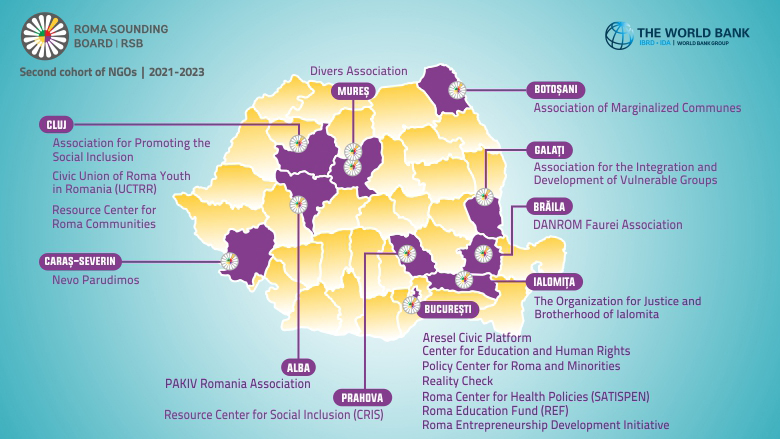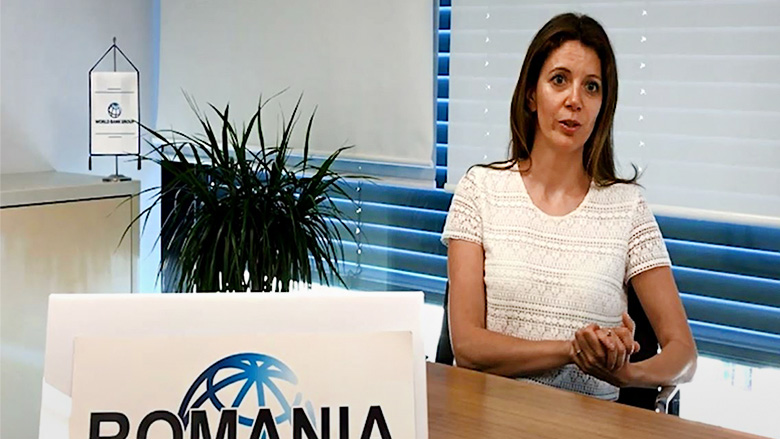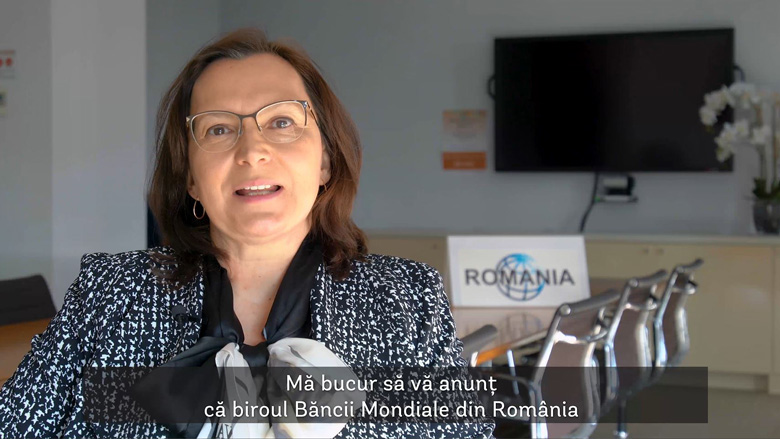What is the Roma Sounding Board?
Established in 2017 in Romania at the World Bank initiative, the RSB is a network of competitively selected CSOs with expertise in Roma social and economic inclusion.
Through the RSB, the World Bank provides Roma organizations a platform through which the needs and concerns of the communities are voiced. These are further reflected in the World Bank’s strategic engagement on social inclusion which aims to help reduce poverty in the country and foster sustainable income growth for the bottom 40 percent of the population.
Since its launch, the RSB has served successfully as a platform for the first cohort of CSOs to cooperate and provide hands-on advice on the design and implementation of World Bank activities that are relevant to the Roma inclusion agenda, including for health and education projects.
Mission of the Roma Sounding Board
The RSB aims, through its advice and activities, to promote equal rights and the socio-economic inclusion of Roma - in particular, of Roma women and girls - and to support the full participation of the Roma in the political, social, and economic development of their communities.
How does it work?
The primary roles of the RSB are to identify areas for increased policy attention for the Roma, deliver Roma perspectives, and propose potential solutions for improving development outcomes and strengthening the social inclusion of the Roma.
Inputs from RSB members are meant to inform the World Bank’s engagement in Romania, as well as to contribute to the overall stakeholder dialogue. To do so, the network meets regularly to provide concrete inputs, feedback and Roma perspectives to inform the preparation and implementation of World Bank operations and support the Bank’s policy dialogue in Romania.
What is expected from the second cohort of the Roma Sounding Board?
Members of the second cohort of the RSB will support the World Bank in identifying how Roma lens can be integrated in the policy and operational support provided for Romania’s recovery from the COVID-19 pandemic, WB operations under the Bank’s 2018-2023 Country Partnership Framework for Romania and support to the Government of Romania with the implementation of Structural and Cohesion Funds under the 2021-2027 programming period of the European Union.
In practical terms, this means Roma Sounding Board members will be consulted by World Bank project teams to identify Roma-specific needs and challenges that new and ongoing projects could tackle, connect them to communities for in-depth consultations and needs assessments, and guide them in developing relevant actions to advance the Roma agenda. The Bank will furthermore involve the Roma Sounding Board in its policy dialogue, including by identifying jointly with the Bank critical messages the Bank can share with Romanian policy makers and the broader Romanian public.

Testimonials from Members of the First Cohort of the Roma Sounding Board
"Before working with the RSB, I was not aware of how a World Bank transport operation, for instance, can address challenges of the Roma community," says Ciprian Necula, Head of RSB Secretariat. "Through the work of the Roma Sounding Board I have started to see opportunities in a wide range of sectors, not only the ones that are covered by the National Roma Strategy."
“The Roma Sounding Board of the World Bank office in Romania is a platform for sharing ideas, bringing together expertise in various fields and providing support that ultimately benefits the Roma communities in Romania,” says Florin Moișă, President, Resource Center for Roma Communities.
“We are happy to discover that one of the most powerful financial institutions on a global scale decided to set the Roma Inclusion Plan as a high priority on its agenda, and that it managed to include the needs of vulnerable groups in its operations, while maintaining a constant dialogue with the Romanian Government on this matter,” says Claudia Lixandru, Country Director for Romania, Roma Education Fund. “We need powerful allies that are able to support our efforts, in our common struggle to accelerate social inclusion of Roma ethnics.”
“RSB is the place where we had the opportunity to exchange good practices and act as voices of our communities,” says Mirabela Semiramida Pîslaru, Association of Marginalized Communities.
“The collaboration with the World Bank through the RSB is very important for the future of the Roma community in Romania. We appreciate that the World Bank chose to consult with Roma and pro-Roma organizations on ways to improve projects targeting the Roma community,” Daniel Caraivan, DANROM Făurei Association. “For the NGO that I represent, this was a great opportunity to participate in workshops with the most important government actors and representatives of the economic sector in Romania. Personally, I consider that I also had the opportunity to develop professionally and put forward a set of pro - Roma principles that I consider essential for the cultural and social future of our community.”



